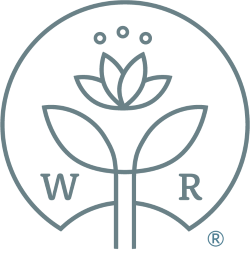Solomon's Seal Root
Also known as
Polygonatum biflorum and odoratum, Polygonatum, King Solomon's Seal, American Solomon's Seal, and Yu Zhu.
Introduction
Known in the Chinese language as "jade bamboo," Solomon's seal has been employed as a treatment of complaints of the lungs and stomach since the writing of the Divine Husbandman's Classic of the Materia Medica, written over 2,000 years ago.
Constituents
Convallamarin, convallarin, quercitol, vitamin A.
Parts Used
Rhizome. Should be long, thick, and yellowish white.
Typical Preparations
Teas, with other herbs. Used with coix (Job's tears) to relieve chest congestion. Used with mint and soy to treat allergies, asthma, and infections after exposure to heat or cold. May also be taken as a capsule or extract.
Summary
In Chinese medicine, Solomon's seal is used to "moisten dryness," relieving symptoms of cough, dry throat, irritability, or thirst. It also "extinguishes wind," sometimes by relieving flatulence, but also by stopping pain and spasms of various kinds. Because Solomon seal's effects are gentle, it can be used by persons of weak constitution.
Precautions: Avoid when there is nervous stomach or other digestive disorders.
PURCHASE SOLOMON'S SEAL ROOT EXTRACT
For educational purposes only. This information has not been evaluated by the Food and Drug Administration.
This information is not intended to diagnose, treat, cure, or prevent any disease.
Unless otherwise stated, this information courtesy of MOUNTAIN ROSE HERBS, with full, written permission for reuse. For further traditional information concerning SOLOMON'S SEAL ROOT, please visit this excellent resource from Botanical.com. Used with full, written permission.








